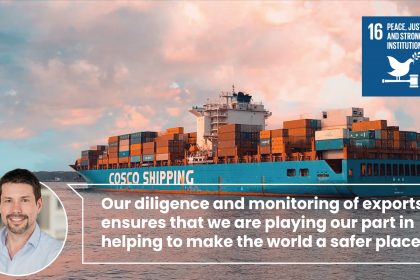
Head of International Trade at the Chamber, Rob Lawley, has written a guest blog to explain how the trade team incorporate SDG 16, Peace, Justice and Strong Institutions, into their daily operations to help make the world a safer place.
Peace, Justice & Strong Institutions is the 16th Sustainable Development Goal (SDG) which permeates through many aspects of International Trade and where the Chamber plays a crucial role.
The Chamber will process thousands of Export Documents for local companies each year, with an invoice value totalling over £200m. Many of these goods require an export licence meaning their sale is controlled by Government. Some goods, as one would imagine, are going to require an export licence, for example, military and paramilitary goods. The UK has some of the best companies in the world manufacturing goods in this sector. A recent report suggested that the UK defence sector supports 260,000 jobs and the Government spends £20bn annually in this sector alone.
What’s not obvious are products termed ‘Dual Use Goods’. Many of these products are entirely innocent but there is a very large list of products that fall into this category, some quite surprising for example; computers and software.
So where do we come in? It’s our role to check that all the goods for which we process export documentation and/or customs clearance have the correct licence. This is perhaps one of the most important parts of role. We will not issue the correct documentation or clear goods for export until we are 100% certain that the company is legitimate and has valid licences in place.
Part of our consultancy role is to work with companies, advise them on what type of export licence is required and, in some cases, help them to apply for the licence(s) using the SPIRE platform which is used by the Export Control Joint Unit (ECJU).
In addition to the Chamber monitoring export licences, we are also mindful of companies trading with countries where the UK Government or the United Nations has imposed sanctions. There are many types of embargos, sanctions and other trade restrictions relating to different markets across the world. To us, whenever certain countries are mentioned such as Somalia, Syria, Iran we automatically become cautious but other areas, not in the headlines, are also subject to sanctions for example Argentina and Cape. In many cases exporting is not ‘banned’ from countries with embargos/sanctions, but we have to ensure that only permitted goods are shipped to certain countries. To emphasis this in 2021 we processed goods worth over £5m being shipped to Iran.
Our diligence and monitoring of exports ensures that we are playing our part in this particular SDG and helping to make the world a safer place.
Find out more about SDG 16, here. Or, to contact the Chambers’ International Trade team, click here.







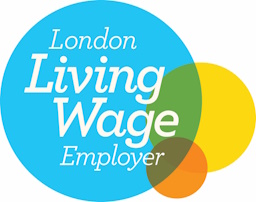
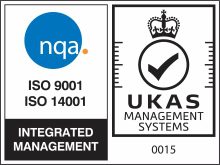

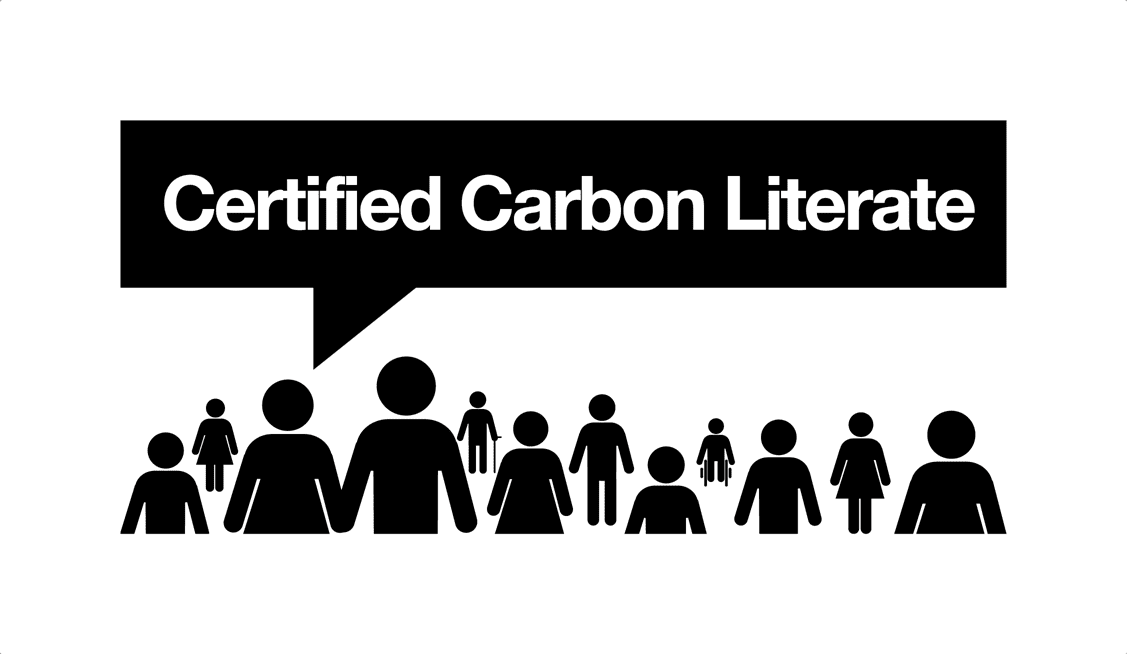

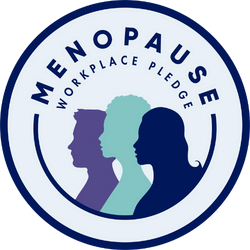
You must be logged in to post a comment.